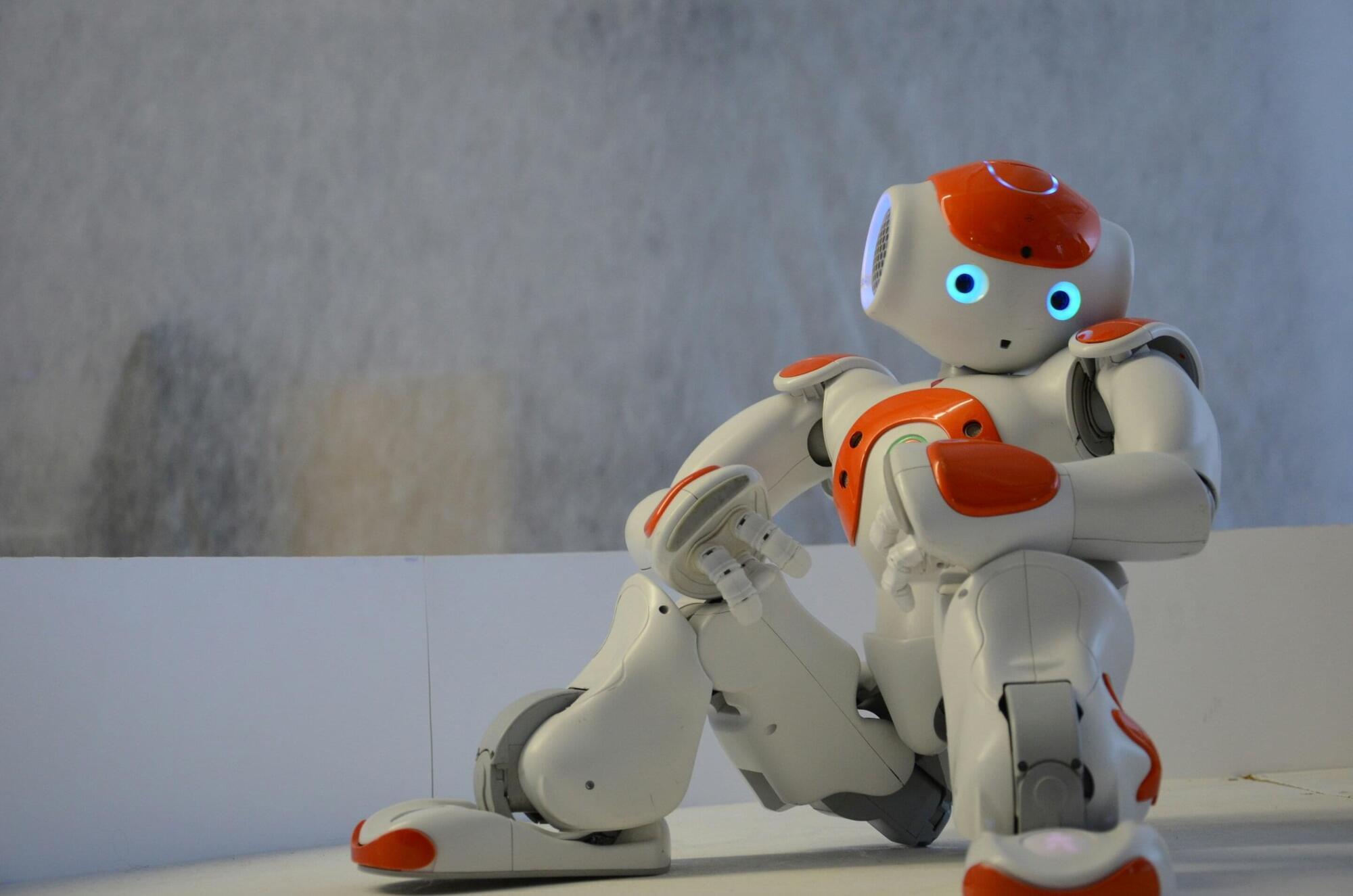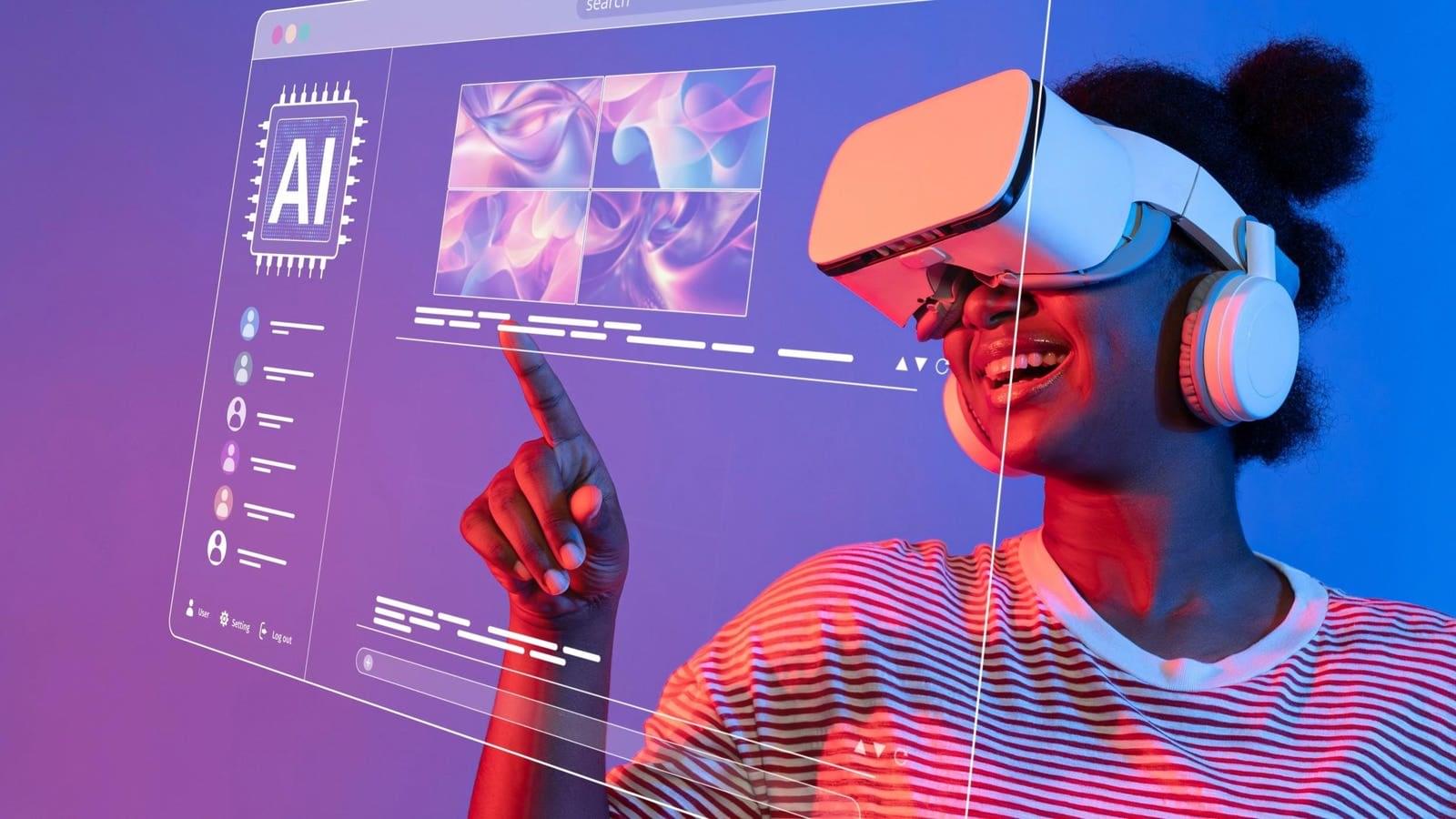Holding a conversation in a crowded room often leads to the frustrating “cocktail party problem,” or the challenge of separating the voices of conversation partners from a hubbub. It’s a mentally taxing situation that can be exacerbated by hearing impairment.
As a solution to this common conundrum, researchers at the University of Washington have developed smart headphones that proactively isolate all the wearer’s conversation partners in a noisy soundscape. The headphones are powered by an AI model that detects the cadence of a conversation and another model that mutes any voices that don’t follow that pattern, along with other unwanted background noises. The prototype uses off-the-shelf hardware and can identify conversation partners using just two to four seconds of audio.
The system’s developers think the technology could one day help users of hearing aids, earbuds and smart glasses to filter their soundscapes without the need to manually direct the AI’s “attention.”








